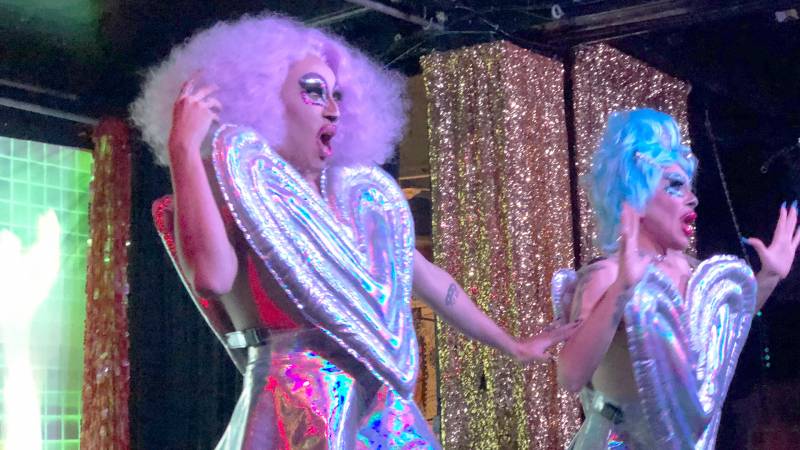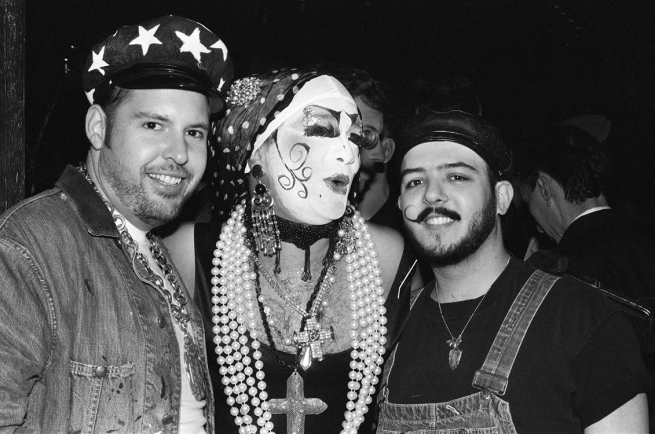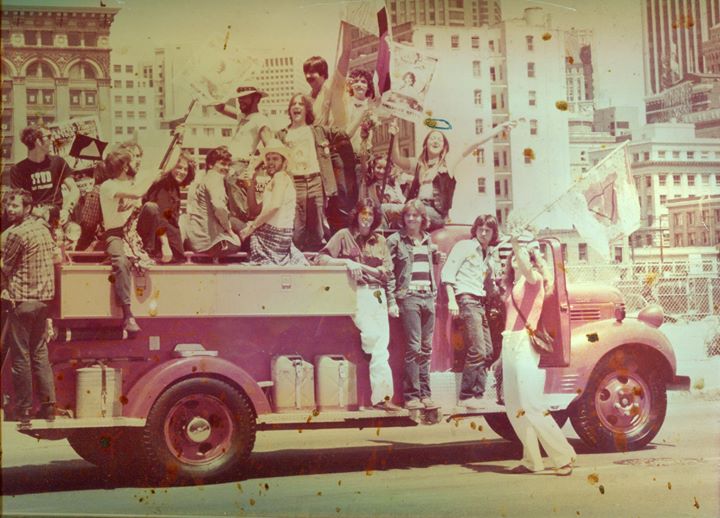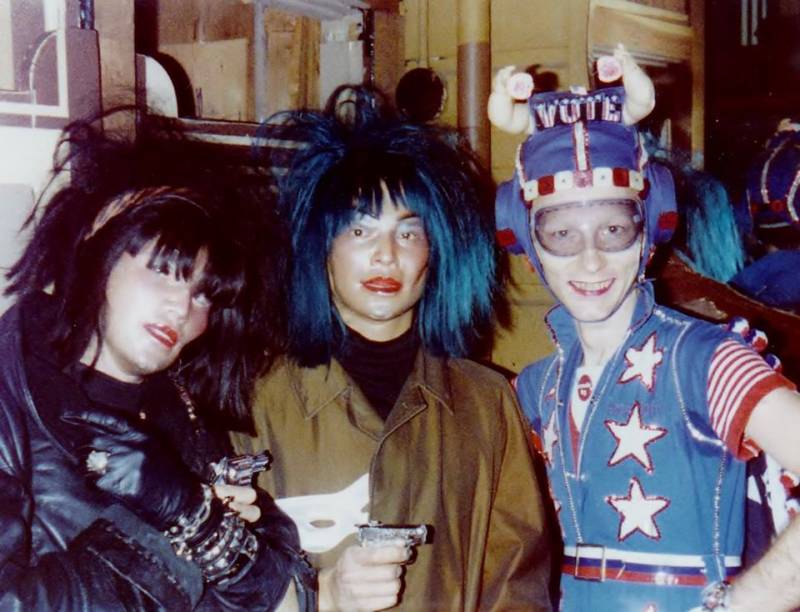The last time I visited the Stud, San Francisco’s oldest gay bar, the surrealist drag collective Toxic Waste Face performed as an unhinged teen pop group. Jillian Gnarling lip-synced to a baby-voiced ’60s girl-group song in body horror makeup that made half of her face look like it was rotten.
The time before that, partygoers casually drank around a man splayed out on the pool table in white briefs, his mouth held open with a lip retractor while another performer did diabolical dental work on him. The tableau oozed with bloody-looking prop goo.
Had I known these would be my last visits to the Stud, I might have thrown even more dollar bills at the stage. But because of the coronavirus pandemic, the Stud’s 17-person ownership collective announced yesterday they’d decided to shut the bar down; they are moving out of their South of Market location on May 31.
In a city like San Francisco, where LGBTQ+ people are represented in local government and corporate boardrooms alike, the Stud is a home for those who aren’t accepted by the mainstream. Though stars like Sylvester, Etta James and Lady Gaga have graced its glitter-spangled stage over the years, it is best known as a safe haven for the community’s radicals, outsiders and scrappy artists.
The Stud has been that way since its inception in the ’60s. It was one of San Francisco’s first gay bars that was hospitable to women; it nurtured various countercultures, including hippies and punks, through the decades. The bar has undergone some drastic changes in its 55-year history, but this feels different. Before, people could gather to weather those moments together in person. This time, we are forced to mourn through our computer screens. On May 31, there will be a virtual funeral for the Stud on its Twitch channel, with performances by drag celebrities including Jinx Monsoon, Alaska, Heklina, Juanita MORE! and Peaches Christ.

“The shelter-in-place policies—which we fully agree with and support, because science is very real and very cool—we have not been able to draw an income like many bars and many restaurants across the nation,” said Stud co-owner VivvyAnne Forevermore in a press conference. “This has made it impossible to keep up with the bills that we have, even being an empty building. It was not an easy decision.”




